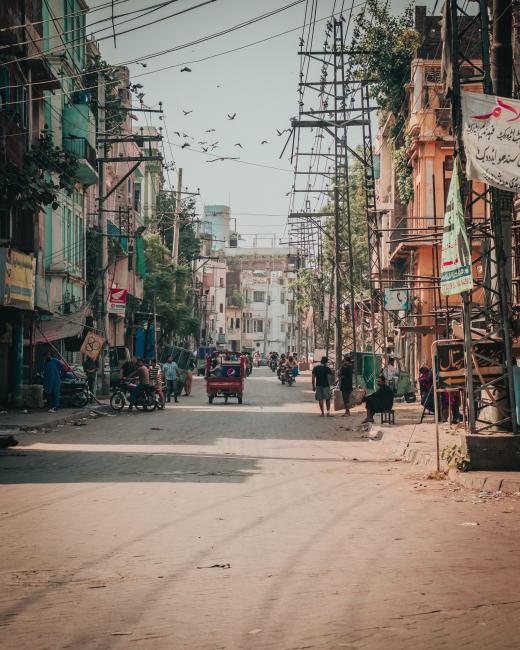Rebuilding the social compact: Urban service delivery and property taxes in Pakistan
Developing countries face a critical challenge as they urbanise: how can local governments tasked with delivering public goods and services meet the needs of rapidly growing urban populations? We ask whether strengthening the link between urban service provision and tax collection can create a virtuous cycle of sustainable development.
We introduce a series of interventions – including eliciting citizen preferences for services and earmarking revenue for preferred services – that link taxes paid to services received in Lahore and Faisalabad, two of the largest cities in Pakistan. Preliminary results from our previous research suggest that (i) citizen distrust in the government’s promise to deliver services, and (ii) lack of information about service improvements – even after the state takes action – were key constraints in breaking the cycle of poor service delivery and low tax revenue. We now plan to extend our data collection period to investigate whether the interventions have greater impact when the state’s provision of goods is made more credible and salient.
In Pakistan, citizens have low willingness to pay taxes due to a disconnect between the types of services desired by citizens and the types of services supplied by the government, and politicians may have low incentives to improve service delivery given informational constraints that limit citizens’ ability to hold them accountable for service provision. The resulting low tax morale lessens government revenue available for service provision, reinforcing the vicious cycle of low taxes and low service provision. By linking tax payments to better provision of local goods and services, this study aims to raise tax morale and hence increase tax collection, we hope to increase the return to these investments and positively impact the provision of goods and services.




